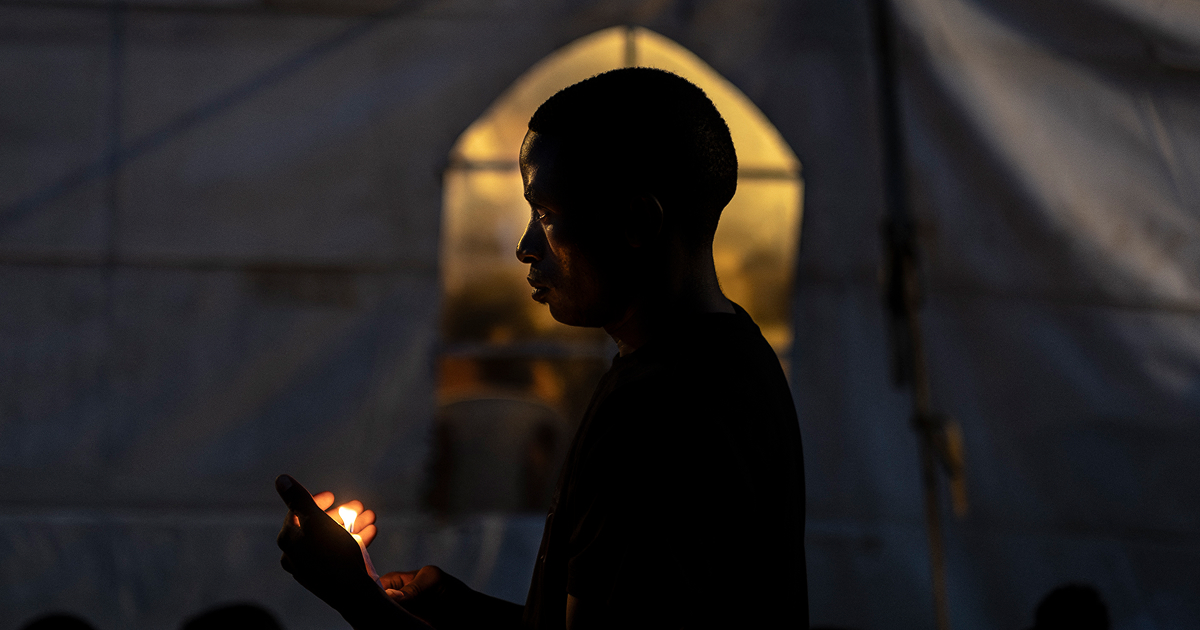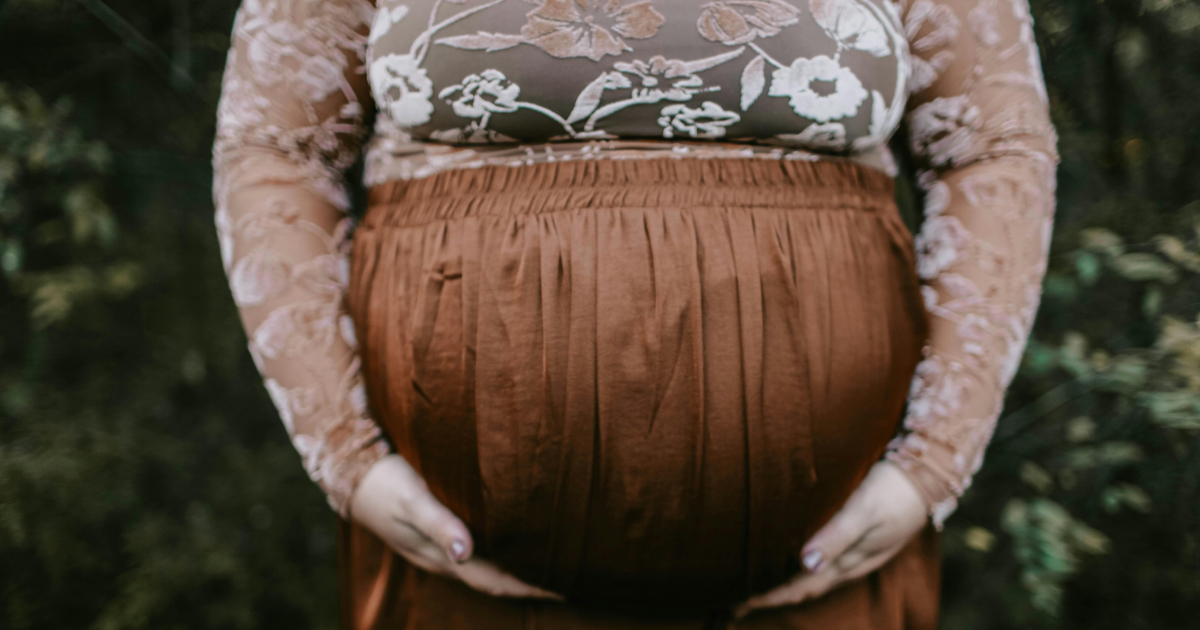Kamala Harris is turning out not to be a healing influence for the Democratic Party as she tours the country promoting her memoir, 107 Days (Simon & Schuster, £25). She plainly regards this as payback time — on Joe Biden chiefly — and the effect on a demoralised party has not been good, however cathartic for her.
So what’s in the memoir that is proving so divisive?
There’s her plain sense of grievance, for one thing, as she dwells on the slimness of Trump’s victory: “His victory was whisker-thin. He beat me by 1.5 percentage points in one of the closest elections in a century. A third of the electorate voted for me. But a third of the electorate stayed home. That means that two-thirds of our country did not elect Donald Trump.”
Perhaps, at this point, she might have asked herself why they didn’t turn out; the answer might have been that they didn’t like her much. That might have helped her party come to terms with the result.
The outcome was the more painful for being entirely unexpected. “Why were we feeling so confident in a race that had never shifted out of toss-up territory?” she asked after the results came in. “We had plans for all kinds of contingencies ... We’d planned for everything, it seemed, except the actual result.”
In fact, the book tells us exactly why this might have happened, for it is a day-by-day diary of the election, focusing largely on the endorsements from various groups (White Dudes for Kamala!), the rave receptions from young people, the moving endorsements from various Black churches.
The opposition was made to look too ridiculous, too toxic to win. It was only after the count that the bubble burst and Harris realised that people didn’t rate her quite as highly as she thought.
Catholic Americans may be interested to learn the reason for her no-show at the Al Smith Dinner, a white-tie event in New York in support of Catholic charities. It’s normally a non-partisan affair which both parties attend, but Harris sent instead a video with a comedy sketch and some kind words about the good work done by the charities. The reason?
Harris explains: “With over just two weeks to the election, I simply didn't want to be in a solidly Democratic state when I could be campaigning in a swing state. So my team had discussed with the dinner organisers that I would make a video instead, and they were agreeable."
The account is called 107 Days because that is the length of time she had to campaign for the presidency on account of Joe Biden’s reluctance to acknowledge that he was, in fact, not up to the job.
So the very title is a vindication: if only she had had more time, she might have done better. It’s also a reason why there was too little time to hold primaries for the Democratic nomination.
And though she does discuss her economic agenda, she returns again and again during the campaign to her favourite theme, abortion — or, as she puts it, “reproductive care”.
The euphemism should alert us to the fact that she never at any point takes on board the fundamental problem that this particular healthcare is at the expense of the life of another human being. Pro-life activists in this account are just weird.
Even Bernie Sanders understood this to a degree, urging Harris to present herself during her campaign as the "voice for the working class".
He reportedly told her: "Please focus on the working class, not just on abortion.”
This memoir is part self-vindication, part payback. But what it doesn’t do is close the possibility that she may have another go at the presidency. Stay tuned.
Photo: Kamala Harris (Arcadia)
This article appears in the October/November 2025 edition of the Catholic Herald. To subscribe to our thought-provoking magazine and have independent, high-calibre and counter-cultural Catholic journalism delivered to your door any where in the world click HERE.





.jpg)











